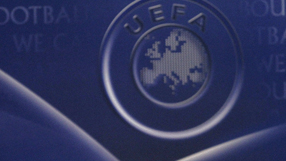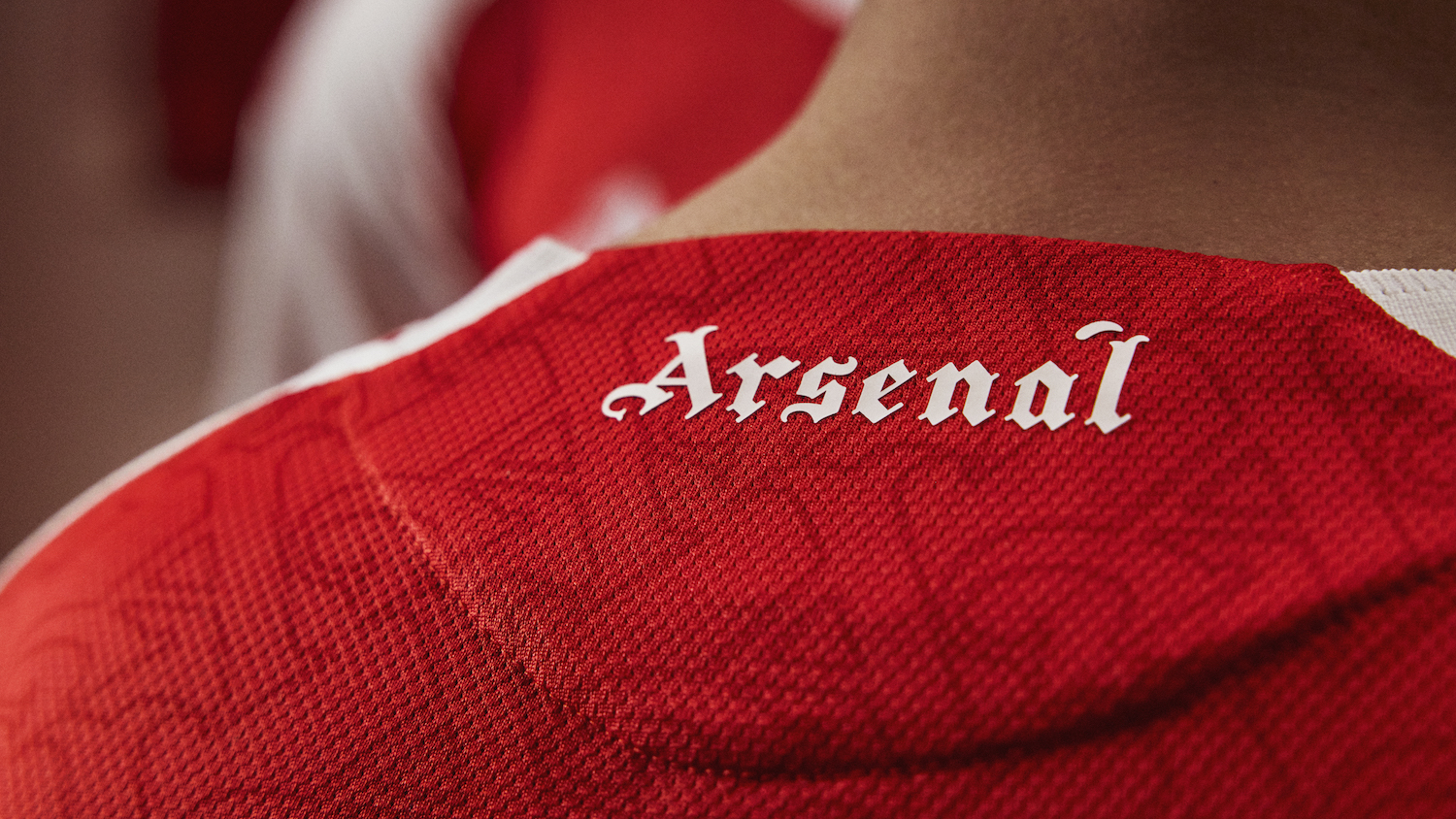Players get agreement to ensure basic rights

The agreement was signed under the supervision of the European Union on Thursday by representatives from the world players' union FIFPro, European football's governing body UEFA, the professional leagues' association and ECA, which represents the clubs.
"Protecting the players has been a key priority for me since I became president of UEFA," said UEFA president Michel Platini in a statement.
"It is a pleasure to have the European football family united around the same table, speaking with a united voice. We got here through a lot of work, good faith and mutual trust."
Under the agreement, contracts must be in writing, they must define the rights and duties of club and player and address matters such as salary, health insurance, social security or paid leave, FIFPro said.
They must also refer to the duty of players to participate in training, to maintain a healthy lifestyle and comply with disciplinary procedures.
"It took more time than we could have imagined. But the main thing is that we did it," said Philippe Piat, president of FIFPro's European division.
"This is good for the game, for the clubs and of course, it is also good for the players. This agreement will see to it that their rights will be better protected."
The best features, fun and footballing quizzes, straight to your inbox every week.
FIFPro say that the vast majority of professional players are ordinary wage-earners who face the added difficulty of having to start all over again in a new career when they hang up their boots.
For example, the average wage in the Dutch second division is around 40,000 euros.
FIFPro have been especially worried about conditions in Eastern Europe, where they say players are often paid under the table, sometimes exploited and even threatened with violence by unscrupulous clubs.
Earlier this year, FIFPro launched a so-called Black Book, listing the worst cases of player abuse in the region.
"I am really delighted that an agreement was reached, as its outcome can only be beneficial to European football," said ECA president Karl-Heinz Rummenigge.
"The introduction of minimum requirements for standard player contracts is a necessary and indispensable measure for the development and well-being of our game.
"The minimum requirements will increase the quality of professional contracts across Europe and will lead to increased trust between clubs and players."
 Join The Club
Join The Club





